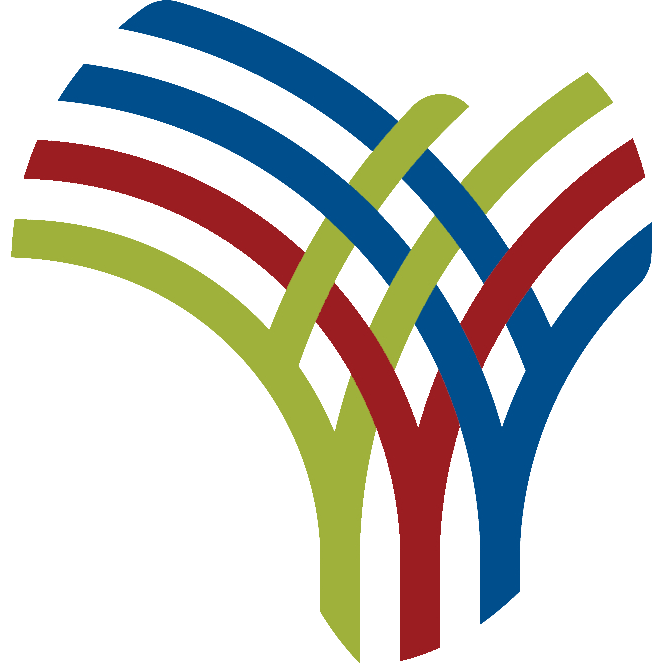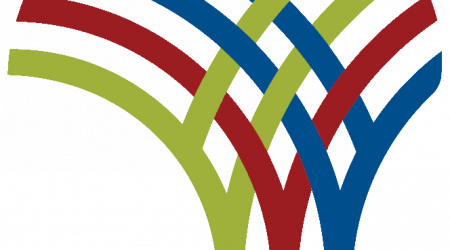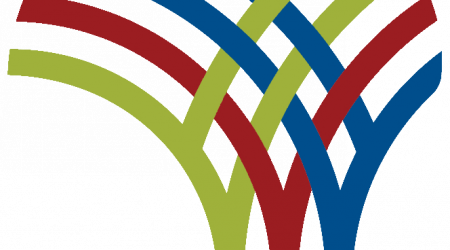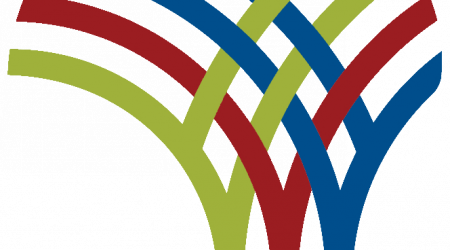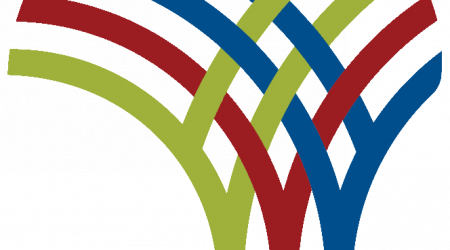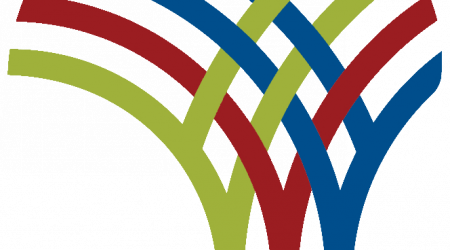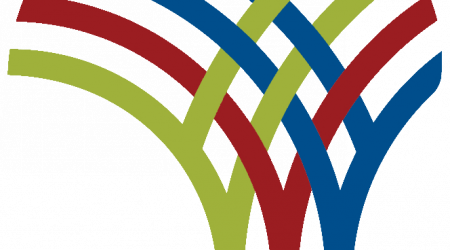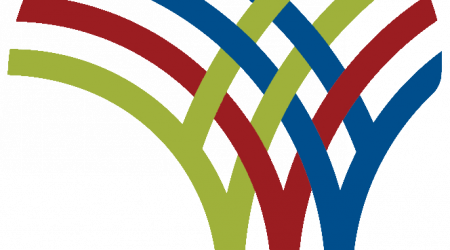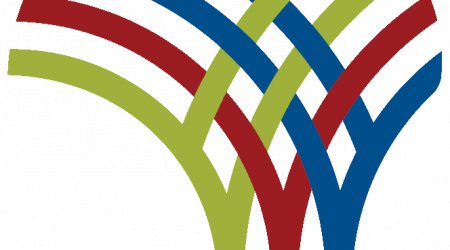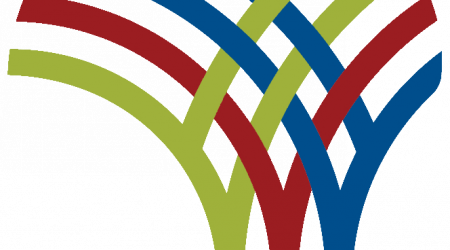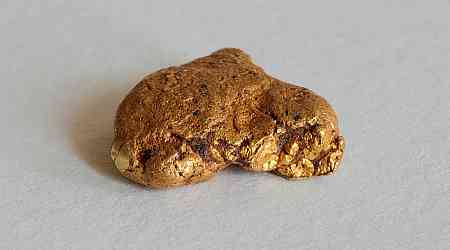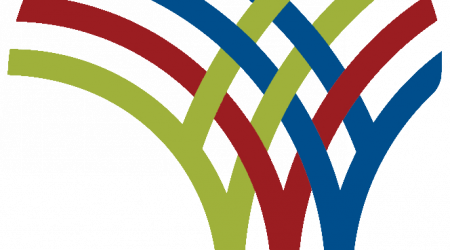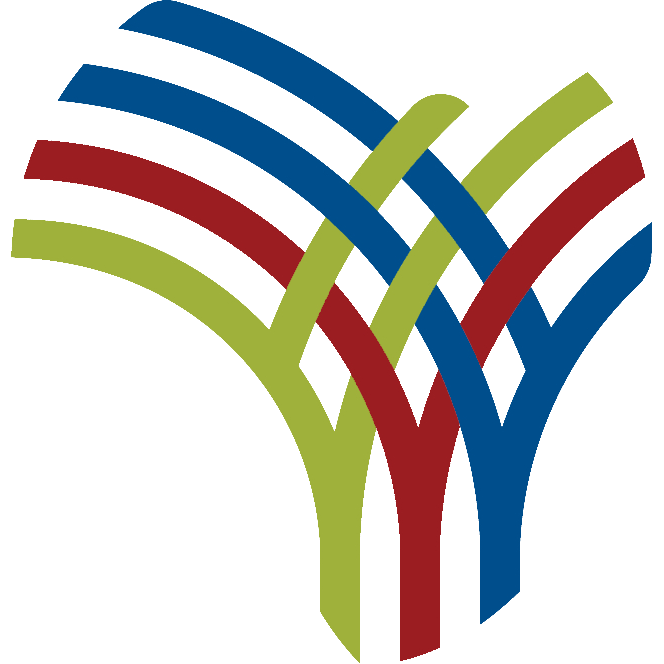Sierra Leone, Liberia and Guinea must stand together to free their youth of this deadly synthetic cannabis.
Kush is spreading across the Mano River Basin in Sierra Leone, Liberia and Guinea, ensnaring the youth and straining social services. A united front by these three governments is needed to prevent this transnational drug crisis from disrupting the region's fragile stability.
The deadly synthetic cannabis originates in Sierra Leone and is manufactured and distributed by criminal gangs in the region. It contains chemicals and plants that mimic the natural cannabinoid THC in cannabis, says Hassan Fadiga, the Liberia Drug Enforcement Agency's Deputy Director General for Operations. Additives include acetone, the opioids tramadol and fentanyl, paint, disinfectants and formaldehyde - a toxic chemical. Some reports say Kush includes ground human bones.
Dr Valerie Coker of Sierra Leone's Princess Christian Maternity Hospital, who treats pregnant women addicted to Kush, says the drug has a THC content significantly higher than organic cannabis. It provides a powerful psychoactive effect that can quickly lead to addiction.
A single joint of Kush costs around US$0.25 and is typically shared by two or three people, according to Aiah Nabieu Mokuwah, Executive Director of Sierra Leone's Institute for Drug Control and Human Security. Dozens of joints may be smoked daily, highlighting the substance's addictive nature and cost in a country where the average monthly salary is under US$100.
Kush is predominantly consumed by young adults and causes disorientation that can lead to users falling asleep on their feet, stumbling and falling, or walking into moving traffic. It delivers a long-lasting, hypnotic euphoria, in which users lose touch with reality for hours at a time.
Abraham Kromah, former head of Liberia's Drug Enforcement Agency, says the drug is produced locally from ingredients sourced across the region and beyond. Fentanyl, for example, is manufactured in clandestine laboratories in China and shipped to West Africa. Formaldehyde is smuggled into Liberia by traffickers from Sierra Leone and Nigeria or is illegally sourced from local hospitals, where it's used to preserve bodies in mortuaries.
Once manufactured, Kush is smuggled across porous borders in all directions, primarily by Nigerian and Sierra Leonean criminal networks, and sometimes on small fishing boats operated by Ghanaians.
The introduction of Kush coincides with a concerning increase in drug use among youngsters in Sierra Leone, Liberia and Guinea. Kromah estimates that over 1.5 million young people in Liberia are addicted to Kush. Fadiga says families in the country are under siege as addiction infiltrates households, damaging relationships and community dynamics.
The drug is making Liberia a 'society of zombies,' according to Lawrence Yealue, Country Director of Liberia's Accountability Lab, a non-profit advocacy organisation. He says health systems across the Mano River Basin face increased demand for treatment of drug-related issues. Drug abuse and trafficking are also pushing up crime rates, decreasing productivity and straining social services.
The Kush trade threatens to undermine peace and development in Sierra Leone, Liberia and Guinea. Following brutal conflicts in the late 1990s that led to over 200 000 deaths and widespread devastation, these nations still grapple with severe humanitarian crises that have profoundly impacted their social and economic structures.
The roots of the Kush problem run deep, entwined with the region's social and economic challenges. Alfred Mansaray, Deputy Director of Sierra Leone's National Drug Law Enforcement Agency, says youth unemployment, particularly in urban areas, creates fertile ground for the escape offered by drugs. Weak education systems and inadequate access to mental health services exacerbate the vulnerability of young people.
Countries in the Mano River Basin have initiated various interventions to deal with Kush. Both Sierra Leone and Liberia have declared substance abuse public health emergencies because of its increased use. Law enforcement agencies have intensified crackdowns on trafficking networks, with recent joint operations demonstrating regional commitment and collaboration.
Governments in the Basin have also acknowledged the limitations of punitive measures and have started awareness campaigns targeting young people. Sierra Leone's anti-Kush campaign and Liberia's Say No to Kush initiative educate youth about the dangers of the drug and offer alternative pathways through skills training and employment.
The goal is not just to curb drug use but to safeguard the future of the Basin's youth and secure the region's hard-won progress, says Mansaray. This is especially important considering the deadly conflicts and health emergencies - including the 2014-2016 Ebola epidemic - that Sierra Leone and Liberia, in particular, have gone through in the past two decades.
Any approach to preventing the spread of Kush must transcend national borders and harness the collective strength of Mano River Basin countries, potentially involving the Economic Community of West African States. Guinea is consulting with its neighbours, since the government does not know enough about the drug, says Gibril Ceesay from Guinea's INTERPOL National Central Bureau. A source told ENACT that the government was setting up a task force to address the crisis.
Cross-border public awareness campaigns should aim to destigmatise addiction, foster a sense of collective responsibility and encourage affected individuals to seek help. The governments of Sierra Leone, Liberia and Guinea should also set up community-based rehabilitation programmes and seek international support for dealing with the ramifications of a drug that the region has yet to fully understand.
This article was first published by ENACT.
Feyi Ogunade, West Africa Organised Crime Observatory Coordinator, ENACT, ISS


















